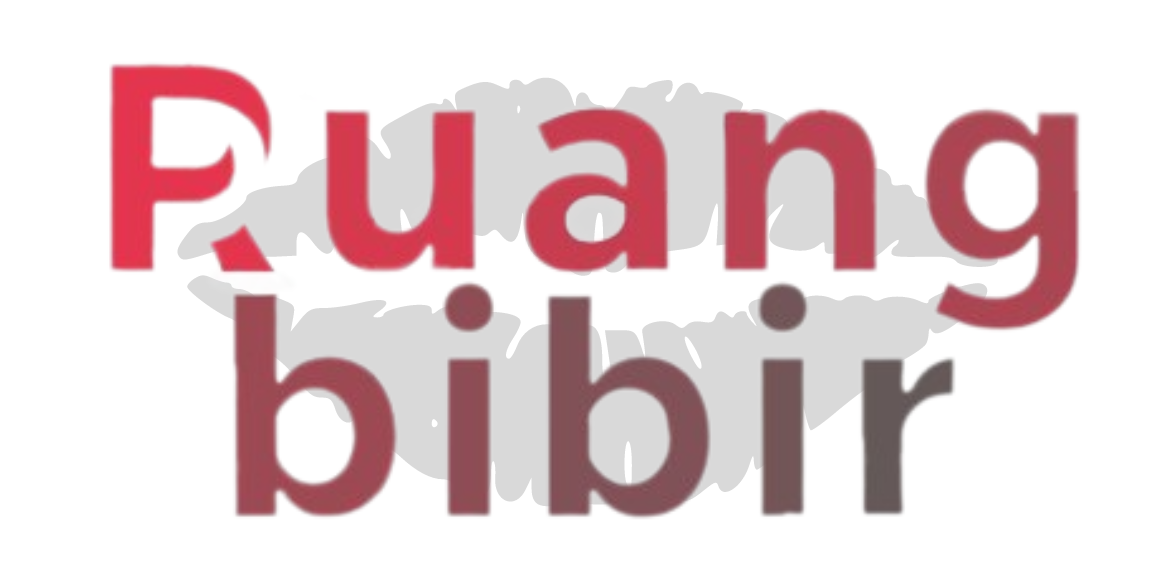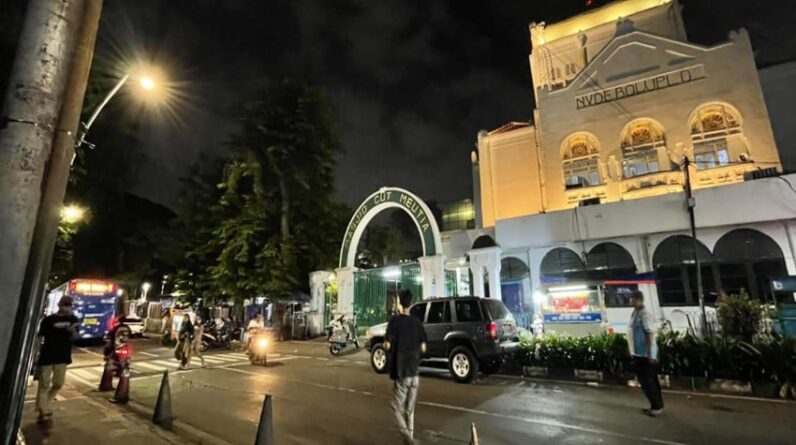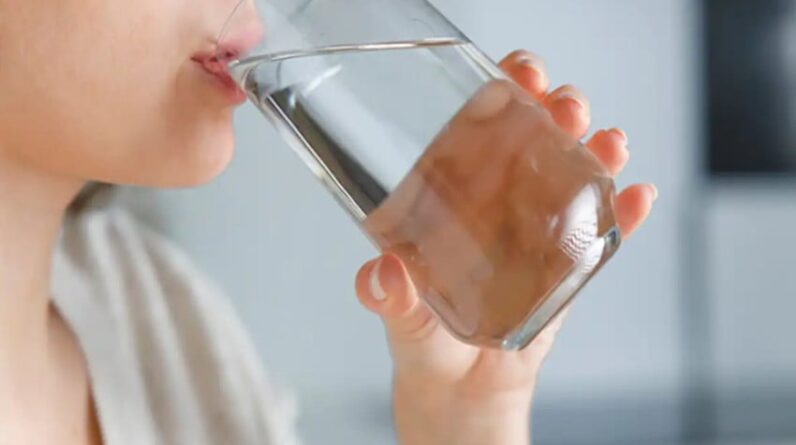
loading…
Pemerintah Indonesia patut diapresiasi atas keberhasilannya dalam meningkatkan angka pemberian air susu ibu (ASI) eksklusif selama lima tahun terakhir. Foto/Freepik
Menurut data Survei Kesehatan Indonesia (SKI), angka pemberian ASI eksklusif meningkat tajam dari 32 persen pada tahun 2007 menjadi 68,6 persen pada tahun 2023. Bahkan, menurut Profil Kesehatan Ibu dan Anak 2024 yang dirilis Badan Pusat Statistik (BPS), capaian terbaru mencapai 74,73 persen.
“Perjalanan kebijakan praktik pemberian makan bayi dan anak di Indonesia telah menunjukkan kemajuan, namun kita masih menghadapi banyak tantangan. Kita harus memperkuat kebijakan yang mendukung pemberian ASI eksklusif,” kata pendiri AIMI, Mia Sutanto.
Mia yang juga menjabat Ketua Umum AIMI periode 2007–2018 menegaskan bahwa peningkatan tersebut merupakan hasil kerja bersama, namun masih terdapat faktor-faktor sosial ekonomi dan tingkat pendidikan ibu yang mempengaruhi keberhasilan ASI eksklusif. “Pemerintah telah melakukan banyak kemajuan, namun kita masih menghadapi tantangan signifikan,” ujarnya.
Salah satu kebijakan penting yang memperkuat perlindungan ibu menyusui adalah Peraturan Pemerintah (PP) No. 33 Tahun 2012 yang mewajibkan pemberian ASI eksklusif selama enam bulan pertama.






